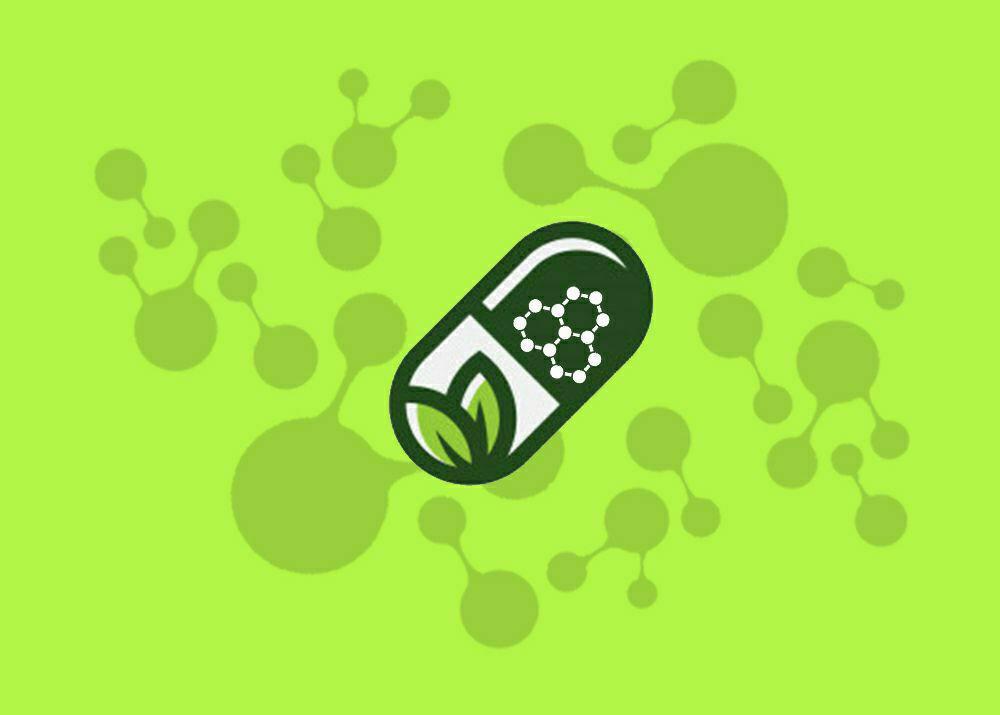Herbal medicines have been widely used around the world since time immemorial and are better known by physicians and patients for their therapeutic value because they have fewer side effects than modern medicines. Medicinal plants need a scientific, optimal and sustainable method of treatment. This can be achieved by designing new drug delivery systems (NDDS) for plant compounds. These systems can reduce recurrence, reduce toxicity and increase bioavailability, and also help increase therapeutic value. One of these new approaches is nanotechnology. Nano-sized herbal medicine delivery systems have the potential to increase activity and overcome herbal medicine-related problems. Hence, the integration of nanocarriers as new drug delivery systems in the traditional medicine system is essential for the treatment of chronic diseases such as asthma, diabetes, autoimmune diseases, cancer and others.
Herbal medicines in drug delivery systems:
Herbal medicines contain thousands of ingredients, all of which are effective against the disease at the same time. In fact, medicinal plants need an optimal way to deliver the components and a sustainable way to increase patient compatibility and prevent repeated administration. Therefore, the combination of herbal extracts in these new systems has certain advantages, such as effective dose reduction, greater absorption and low-risk and controllable side effects, which have been considered by physicians, traditional and herbal medicine specialists, as well as large pharmaceutical companies. .
New drug delivery systems:
These systems are nanocarriers made from safe materials, including biodegradable polymers, lipids and polysaccharides.
Disadvantages of herbal medicines
Most herbal remedies have insoluble properties that lead to decreased effective stability in the body (lower bioavailability) and increased systemic secretions that require repeated administration or higher doses, making this drug a poor candidate for therapeutic use. Converts.
Herbal medicines and nanocarriers:
513 / 5,000 Translation results To determine the structure of herbal medicines, the production of nano-dosage forms (polymer nanoparticles [nanospheres and nanocapsules], liposomes, proliposomes, solid lipid nanoparticles [SLNs], nanoemulsions, etc.) has many advantages for herbal medicines. , Including increased solubility and bioavailability, protection against toxicity, increased drug activity, increased stability, protection against physical and chemical degradation and so on. Thus, drug delivery systems the size of nano-herbal medicines have the potential to boost activity and overcome herbal medicine-related problems.
155 / 5,000 Translation results Therefore, the integration of nanocarriers in the traditional medicine system is essential for the treatment and prevention of chronic diseases such as asthma, diabetes, cancer, autoimmune diseases and others.
Curcuden Herbal Supplement:
Curcuden herbal supplement has been designed and produced by Alborz Nanomedicine Technology Company with such an approach. Turmeric (curcumin) as an effective ingredient of this supplement has various therapeutic uses in different countries and its use is very popular and common. But due to its low solubility, it has little effect. For optimal use of this drug, curcumin has been converted into nano-dose forms in order to increase its stability or, in fact, its effectiveness, as mentioned, by using the benefits of nanocarriers.

